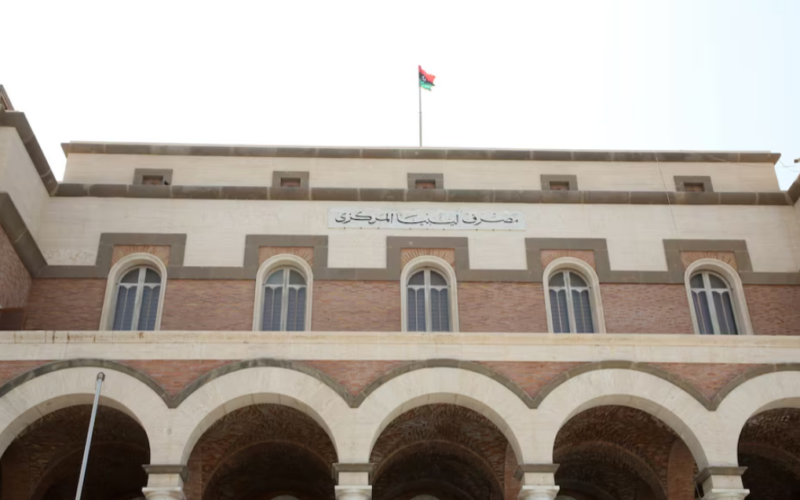Libya’s Central Bank has temporarily suspended its operations following the abduction of its head of IT in Tripoli. The kidnapping, which has raised serious concerns about the safety of the bank’s personnel, comes amid heightened tensions and insecurity in the Libyan capital. The decision to halt operations was made after several other executives received threats, only a week after the bank’s headquarters was placed under siege by unidentified armed groups.
The abduction of the bank’s head of IT has sent shockwaves through Libya’s financial sector. The official was reportedly kidnapped in the heart of Tripoli, a city that has been grappling with increasing violence and instability despite ongoing efforts to establish a unified government. The central bank, one of the country’s most critical institutions, plays a crucial role in managing Libya’s finances, including the distribution of public funds and the management of foreign reserves.
In response to the abduction, the central bank’s management decided to suspend its operations temporarily. This move is seen as a precautionary measure to protect its staff and maintain the integrity of its operations amid the growing security concerns. The suspension affects various functions of the bank, including financial transactions and currency exchanges, potentially leading to disruptions in the country’s already fragile economy.
Libya’s Central Bank has long been a target for armed groups seeking to exert control over the country’s financial resources. The latest incident follows a siege of the bank’s headquarters, which occurred just a week prior to the kidnapping. During the siege, armed men surrounded the building, demanding access to funds and placing significant pressure on the bank’s executives.
These events are indicative of the broader instability plaguing Libya since the fall of Muammar Gaddafi in 2011. The country has struggled with factional violence, weak central governance, and a fragile security environment. Armed militias and criminal organizations often exploit the chaos to further their own interests, with key institutions like the Central Bank frequently caught in the crossfire.
The suspension of operations at the Central Bank poses a significant risk to Libya’s national stability. As the institution responsible for the country’s monetary policy, its inability to function could exacerbate existing economic challenges, including inflation, currency devaluation, and liquidity shortages. The situation also threatens to undermine public confidence in the government’s ability to maintain order and protect its citizens.
International observers have expressed concern over the recent developments, urging Libyan authorities to take swift action to secure the release of the abducted official and ensure the safety of other bank employees. The abduction and threats against executives are seen as part of a broader pattern of intimidation against key figures in Libya’s political and economic landscape.








